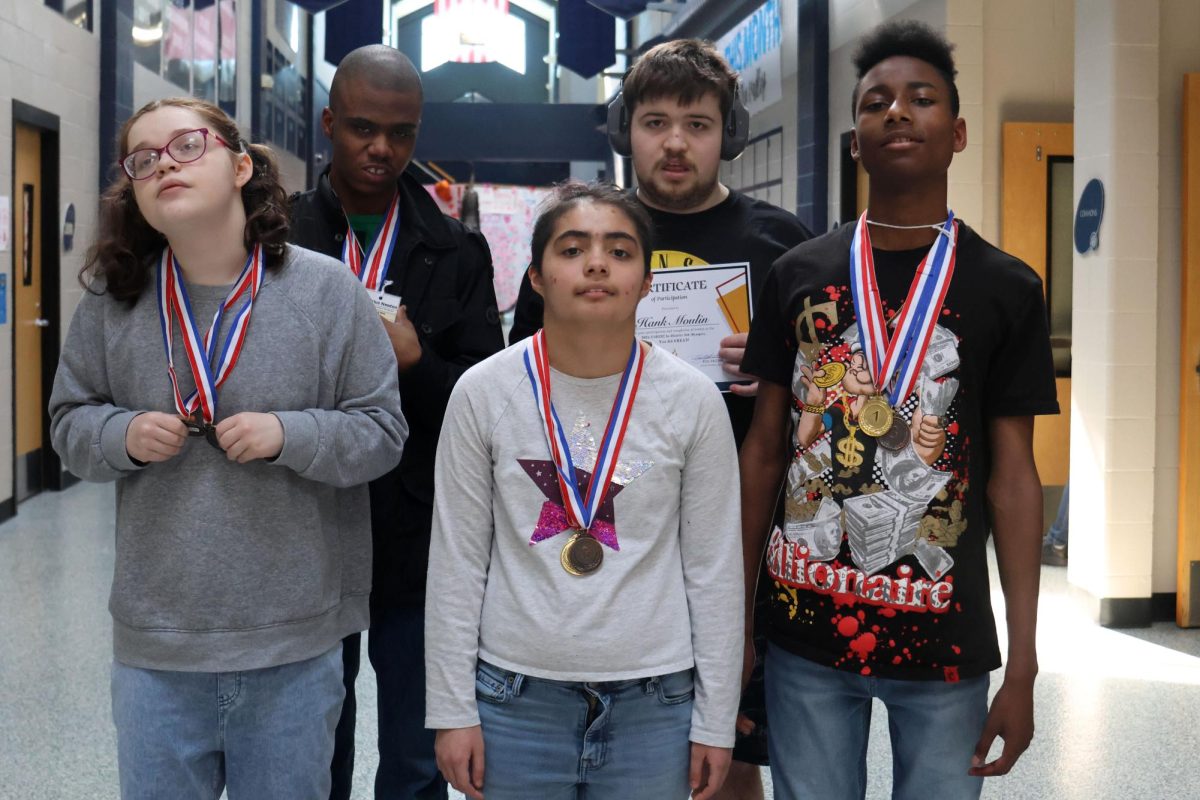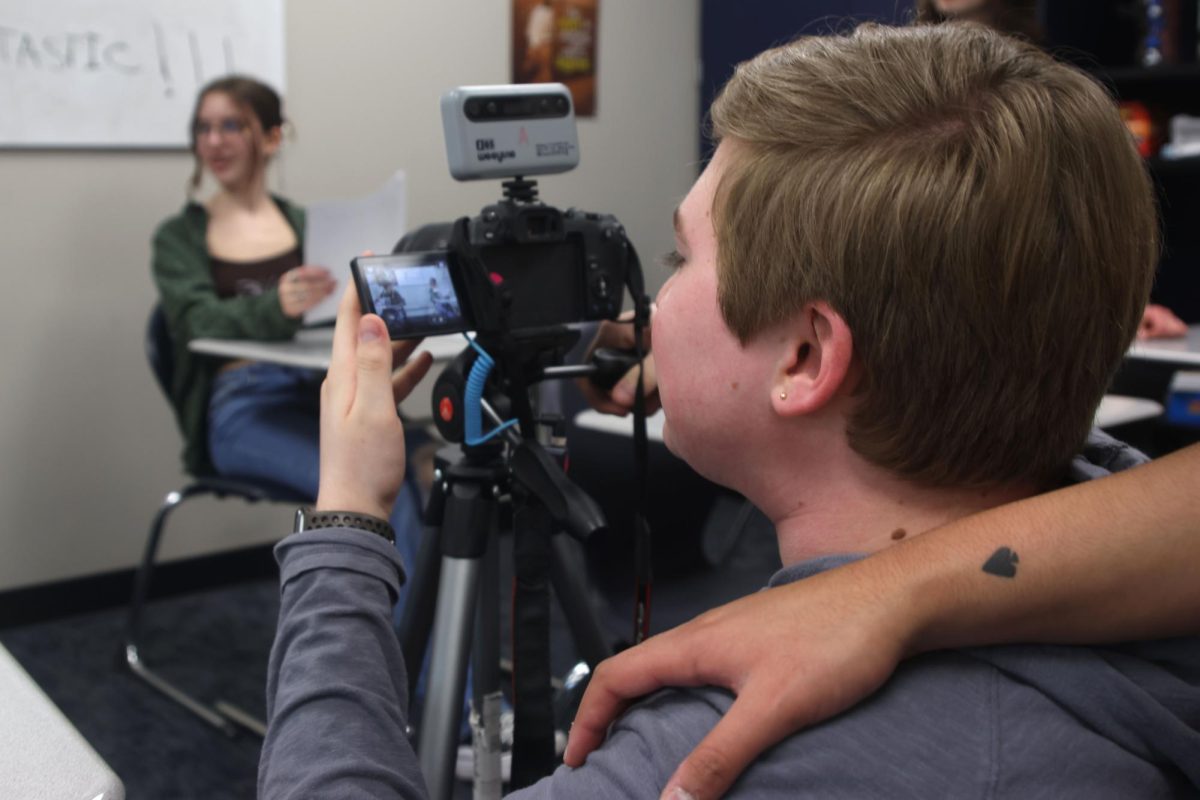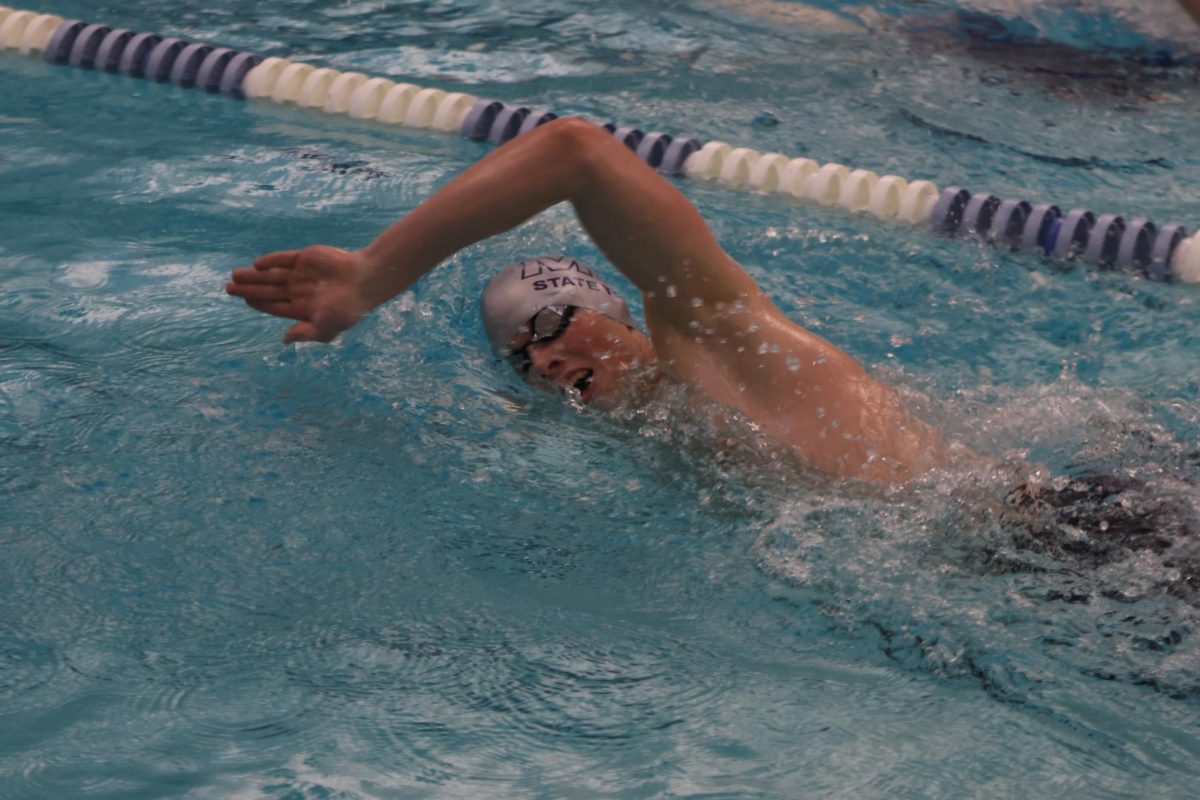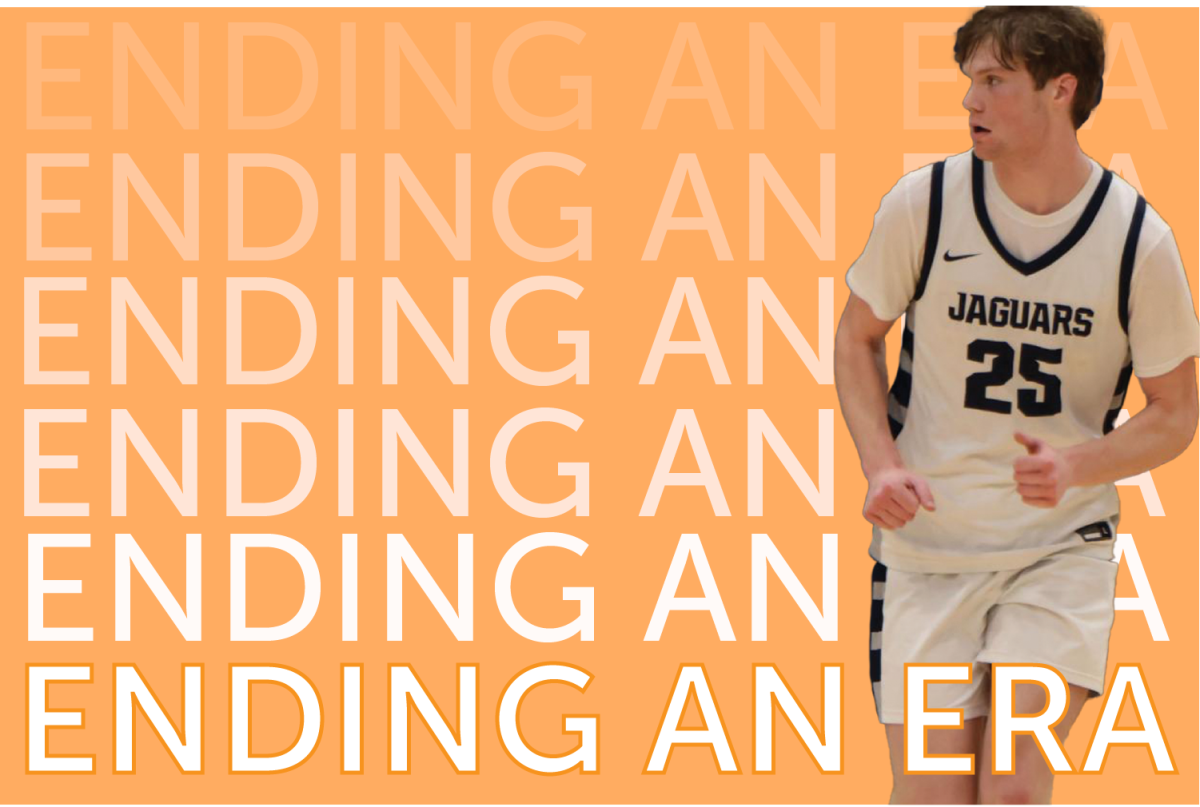Along with a new cafeteria, new classrooms and new teachers, the school can add another new thing to its list: exchange students. Having been over capacity the last year, the school has been unable to host students from other countries. However, this year is different.
Susanna Donati from Italy and Jozze Cevallos from Ecuador are two fresh additions to the student body. Both girls traveled thousands of miles from home, leaving their families and friends and taking on a new culture, so The JagWire took a look inside the girl’s new lives here in America.
Susi Donati
Sitting at a desk, with math papers sprawled out in front of her, senior Susi Donati jokes with a friend after being asked what teenagers in Italy do for fun.
“Oh, we go to the bars usually,” she said.
Junior Olivia Beashore laughs and points out that bars aren’t a normal place for students to be.
“Well, in Italy they are just a place to go and buy a coke,” Donati said.
After travelling from her home in Vercelli, Italy, Donati is experiencing what it’s like to be a teenager in Shawnee through the program Cultural Home State International.
“It’s good. Very different but really exciting,” Donati said.
Even though she grew up speaking Italian, the language change has not been a problem for Donati who has studied English for five years. Shawnee resident Vesta Morgan, Donati’s host mother, does however see the effects of the language difference on her host daughter.
“Sometimes when she’s really tired, she’ll slip into Italian,” Morgan said.
Though the language has not been difficult for Donati, she has realized the differences between America and Italy are very drastic. Some of the variations include more fast food here, the way the school day works (their teachers change classrooms, not the students), and that in Vercelli, driving places is not as much of a necessity because everything is closer. However, not all of the changes lie in the culture.
“It’s strange to live with little kids,” Donati said of her host siblings, all under the age of 12. “They are really funny and kind of crazy. They try to teach me stuff sometimes.”
Donati grew up being the youngest of two siblings. Her 19-year-old brother Uvo has also been an exchange student before, which is one of the reasons Donati decided engage in the program. This trip, however, is not Donati’s first experience as an exchange student. Two years ago, she spent 10 days with a family in West Virginia and, before coming to Kansas, she spent five days in New York with a group of exchange students.
Although this is Donati’s first time coming to America for such a long period of time, Morgan believes her host daughter has had a positive experience thus far and thinks that being an exchange student is a valuable thing for a teenager to do.
“She gets to see the world and travel,” Morgan said. “She knows that it’s an experience, so she takes it all in stride.”
Jozze Cevallos
Coming to America, senior Jozze Cevallos left her home in Ecuador behind, including her friends, a boyfriend, and her family.
“It was so hard,” Cevallos said. “When I came here my brother cried because we are very close, but we Skype almost every night.”
But once she got to the states, Jozze had to adapt quickly. She described her initial reaction when she heard she was coming to Kansas.
“I thought I was going to live on a farm,” Cevallos said with a laugh.
Originally from Ibatta, Ecuador she described many differences between her home and here in the United States including the school, the weather, and, of course, the food.
“My favorite restaurant here is Tanners,” Celvallos said. “But we have McDonalds, Burger King, and Taco Bell in Ecuador too.”
Coming from Ecuador, where the national language is Spanish, learning English was a struggle.
“I didn’t speak English before I came here, maybe five percent,” Cevallos said.
But the language was not only a barrier for Jozze; host mom Shelly Fabac has also had some trouble.
“I couldn’t understand [her], but the first time I saw her I thought that she had a beautiful smile,” Fabac said.
However, the language was not the only difference. In Ecuador the culture is very different from here in the US. Cevallos shared some information about her favorite holiday called Carnival, which takes place throughout February.
“We party a lot. ” Cevallos said. “There is no school for a week. We celebrate by throwing water balloons at each other and then throwing flour. After, your hair looks like a cake.”
Although this is Jozze’s first time in the United States, she is loving the experience while she is here.
“All the people I know from here now will make it so hard to go back,” Jozze said.
What’s the difference?
Dating:
I think it’s the same. Maybe we go to a dance, and do the salsa. We have a lot of dances to choose from,” Cevallos said.
“Here you have to meet the parents? Yeah, we don’t. No one’s parents meet the boyfriend. That’s crazy you have to meet the parents,” Donati said.
School:
“In my high school, they give you a schedule. You don’t get to choose your classes, you only get to choose what you want to be, science or math,” Cevallos said.
“The teachers change classes every hour and we go to school from 8 a.m. to 1 p.m.,” Donati said.
Weekends:
“My city is a very small city so we travel to other cities and go shopping or to movies. Sometimes we have house parties,” Cevallos said.
“We go out and stay in the center of the city. We have places where a bunch of people meet like the squares. Nothing exciting,” Donati said.







